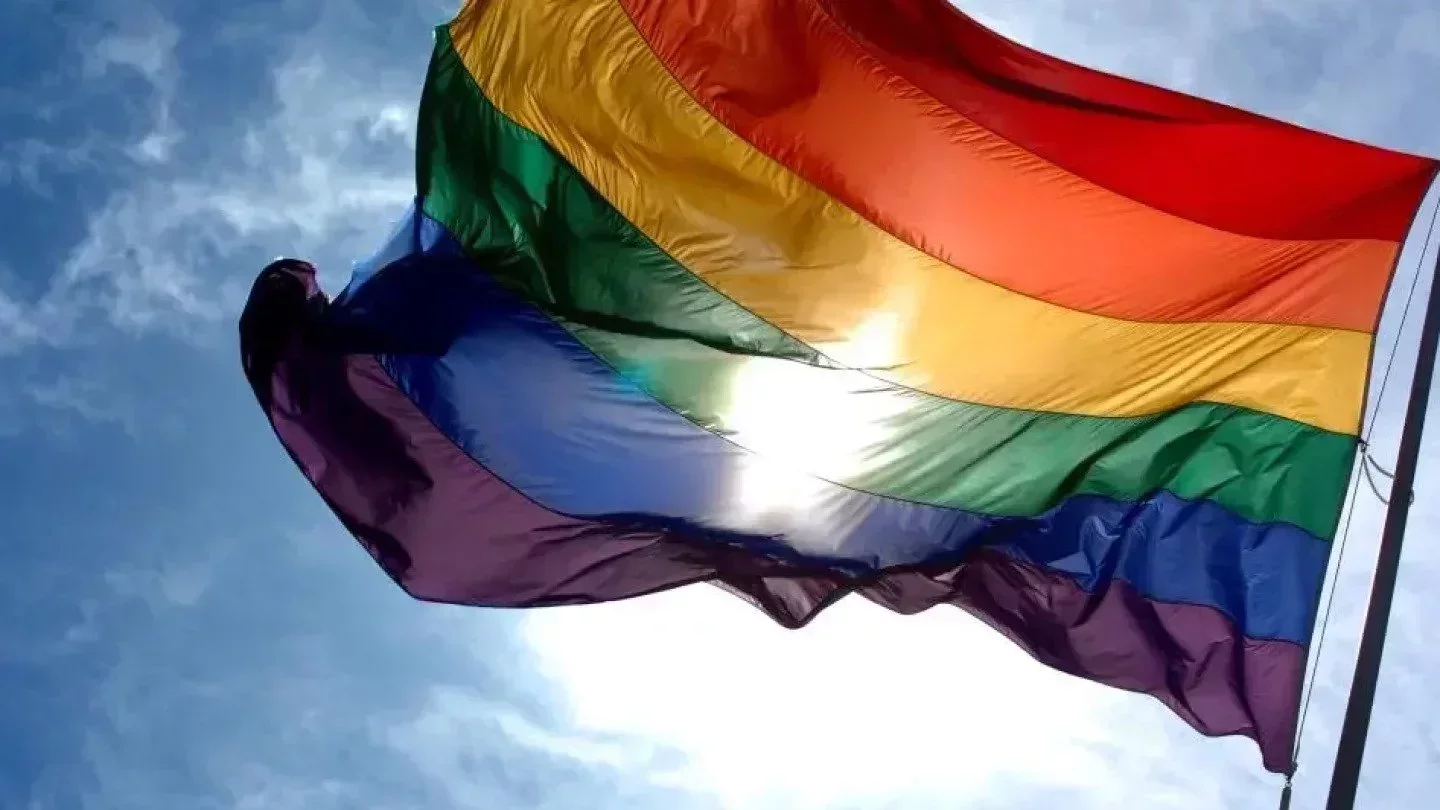Ministry of Culture Explains What Is Considered LGBT Propaganda
 Photo: pexels.com, illustrative purposes
Photo: pexels.com, illustrative purposes
On the sidelines of the Majilis, Deputy Minister of Culture Yevgeny Kochetov explained that "propaganda" in the draft law on protecting children from harmful information does not refer to the mention of LGBT people themselves, but to a positive assessment of such actions, Orda.kz reports.
The Majilis has passed the bill in its second reading, and it will now be sent to the Senate.
Among other issues, deputies have been unable to clearly explain what exactly they mean by “propaganda” or how they plan to protect vulnerable groups from discrimination. How can such “propaganda” be distinguished from the lawful right to be oneself in one’s own country?
This question was addressed by Vice Minister of Culture and Information Yevgeny Kochetov. According to him, there should be no discrimination — the goal, he said, is the protection of children. However, the phrase “protection of children” has long served as a convenient pretext for repressive systems.
The official cited some U.S. regulations as examples but did not elaborate. Kochetov claimed that similar restrictions help reduce the number of child and adolescent suicides.
Journalists asked what, specifically, would be considered “propaganda.”
Would even mentioning the abbreviation be prohibited?
No, colleagues, that’s not the case. Propaganda refers to a positive public evaluation of such actions — for example, when someone publishes content encouraging a favorable attitude. As journalists, you know well what objectivity means and how to present facts so that the reader or viewer draws their own conclusions. We want children to be protected from having such things imposed on them. Information must be objective. If a person says they are a member of the LGBT community or publishes statistics, that does not fall under this law. The law is not aimed at restricting rights,
Kochetov explained.
Regarding restrictions on films and other visual materials with certain content, the vice minister said such content would simply be labeled “18+.”
Under the ban would fall appeals such as: being an LGBT person is better than being a heterosexual. That’s what would be considered propaganda,
he added.
The official insisted that the Kazakh bill is fundamentally different from the Russian one — “there's nothing in common,” he said.
Human rights organizations have stressed that such a law would grossly violate Kazakhstan’s international human rights obligations.
They called on parliament to reject the amendments.
Original Author: Artyom Volkov, Original Post
Latest news
- Kazakhstan Joins Abraham Accords: What the Agreements Mean and Why They Matter
- Vice Defense Minister Addresses Protest by Mothers
- Khromtau Akim Detained on Bribery Charges
- Supreme Audit Chamber Uncovers Misuse of Sports Funds and Disciplinary Violations
- Court Rules Against Zhezkazgan-Air in Antitrust Case
- Zelenskyy-Ally Timur Mindich Implicated in Major Energoatom Corruption Probe
- Ministry of Culture Explains What Is Considered LGBT Propaganda
- NeMolchi Reports Case of Domestic Violence in Petropavlovsk
- The Right to Be Forgotten: How Kazakhstan Plans to Regulate Digital Traces
- Kazakhstan: How Civil Servants Are Switching to The Domestic Messenger
- Trump Heard What He Wanted: Can Uzbekistan Really Give The U.S. $135 Billion?
- Toqayev Meets Putin in Moscow
- Air Astana’s Profit Drops Amid Operational and Currency Challenges
- Shukhrat Ibragimov Denies Sale of ERG Assets
- Ancient Saka Weapons Discovered in Qaraganda Region
- Human Rights Groups Urge Kazakhstan’s Parliament to Reject Anti-LGBTQ+ Amendments
- From Honor Huard to Friendship Square: How Moscow Welcomed Toqayev
- Before Meeting Putin: Toqayev Outlines Joint Projects
- President Toqayev to Meet Putin in Moscow on November 12
- Dubai-Based Company Plans Entry into Kazakhstan’s Taxi Market

